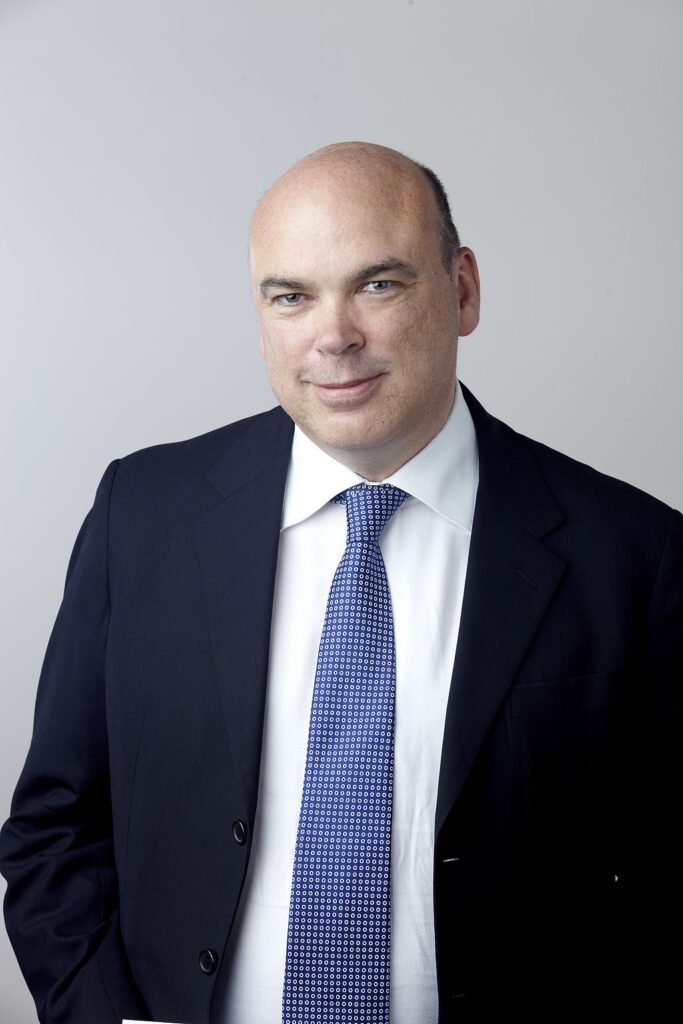
Mike Lynch’s defense team on Monday portrayed the British tech pioneer as a savvy entrepreneur while prosecutors in a San Francisco court painted him as a greedy fraudster. The jury will soon deliberate on allegations that Lynch defrauded Hewlett-Packard (HP) in its $11 billion acquisition of his software company, Autonomy.
The 2011 deal was one of the most significant in British tech history but quickly turned sour. HP wrote down Autonomy’s value by $8.8 billion within a year of the acquisition. Assistant U.S. Attorney Robert Leach, in his closing arguments, urged jurors to find no reasonable doubt of fraud at Autonomy, asserting that Lynch orchestrated the scheme.
Leach highlighted the financial gains Lynch made from the deal, stating, “Dr. Lynch had 500 million reasons to defraud HP. It tells you volumes about who was in charge and who benefited from this.”
Lynch, along with former Autonomy finance executive Stephen Chamberlain, faces charges of fraud and conspiracy, accused of inflating the company’s revenue starting in 2009 to make it more attractive to buyers. Lynch, a Cambridge University-educated entrepreneur, took the stand in his defense, denying any wrongdoing and blaming HP for mishandling the integration of the two companies.
Lynch’s attorney, Brian Heberlig, argued that Lynch’s testimony undermined the prosecution’s case, stating, “It was more than reasonable doubt. It was truth,” while displaying a large photo of Lynch with descriptors such as “smart” and “focused on the future.”
The defense team secured a minor victory last week when U.S. District Judge Charles Breyer dismissed one count of securities fraud due to insufficient evidence. However, Lynch still faces one count of conspiracy and 14 counts of wire fraud.
Prosecutors allege that Lynch and Chamberlain manipulated Autonomy’s finances through back-dated agreements and “round-trip” deals that involved fake contracts to inflate revenue. The trial, which began in mid-March, has included testimony from over 30 government witnesses, including former HP CEO Leo Apotheker, who was fired shortly after the Autonomy deal was announced.
Lynch’s lawyers contend that HP was so eager to acquire Autonomy to outpace competitors that it rushed the due diligence process. On the stand, Lynch claimed his focus was on technological issues and that he entrusted financial matters to Sushovan Hussain, Autonomy’s then-chief financial officer. Hussain was separately convicted in 2018 of conspiracy, wire fraud, and securities fraud related to the HP deal and was released from U.S. prison in January after serving a five-year sentence.
Lynch, once one of the UK’s leading tech entrepreneurs, has been compared to Apple’s Steve Jobs and Microsoft’s Bill Gates. The acquisition of Autonomy was intended to bolster HP’s software business but instead led to prolonged and costly legal disputes. HP largely won a civil lawsuit against Lynch and Hussain in London in 2022, although damages are yet to be determined, with the company seeking $4 billion.
Closing arguments in the trial are expected to conclude on Tuesday, after which the jury will begin deliberations.



